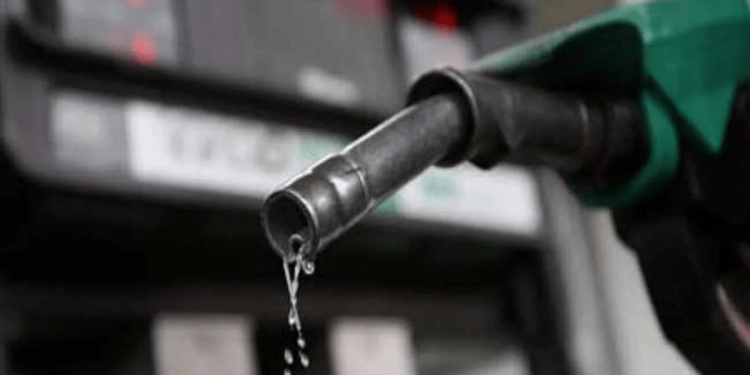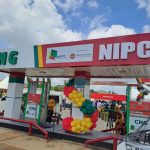Nigeria’s downstream petroleum sector is on the brink of a major transformation as Dangote Petroleum Refinery prepares to begin direct distribution of Premium Motor Spirit (PMS) and diesel across the country, bypassing traditional depot systems. The new distribution strategy, set to take off on August 15, 2025, is backed by the deployment of 4,000 brand-new Compressed Natural Gas (CNG)-powered tankers, and is expected to shake up longstanding supply chains, reduce logistics costs, and expand access to fuel nationwide.
The refinery’s decision to deliver fuel directly to petrol stations, manufacturers, aviation operators, telecom firms, and other high-volume users signals a break from Nigeria’s decades-old reliance on intermediary depot owners. It also introduces a new level of efficiency in a sector historically plagued by high transportation costs, frequent tanker accidents, and strike actions by third-party drivers.
Industry experts say the move could redefine Nigeria’s fuel distribution landscape. By removing the middlemen, Dangote is offering customers not just cheaper fuel but also free nationwide delivery—an incentive that dramatically undercuts the value proposition of private depots. Retailers and bulk buyers now have the opportunity to source products at competitive rates, with added logistical support, and even access to credit facilities.
One depot owner in Apapa admitted that the development poses a serious threat. “If marketers can now get fuel directly from the refinery, delivered for free, with possible credit terms, we’re left with very little to compete with,” the operator said.
Dangote’s initiative could significantly reduce tanker-related road accidents, which have caused numerous fatalities and billions in damages across Nigeria. Unlike traditional diesel trucks, the CNG-powered tankers come with advanced safety features, GPS monitoring, and lower combustion risks, meeting global standards for safety and environmental compliance.
This fleet also offers a solution to another long-standing problem—strike threats by tanker drivers. In the past, fuel distribution in Nigeria has frequently been disrupted by industrial actions linked to poor pay, extortion, and terrible road conditions. But with Dangote’s fleet managed in-house and operated by drivers under standardized contracts, the likelihood of such disruptions is expected to drop significantly.
“This is the Uber moment for Nigeria’s fuel industry,” said a senior oil executive. “For decades, we’ve operated an inefficient, middleman-heavy system. Now, a refinery with its own fleet is taking control of the entire supply chain.”
Beyond urban fuel stations, the Dangote model is expected to reactivate dormant petrol stations in remote and rural areas, locations that have struggled with inconsistent supply and high transportation costs. By restoring fuel flow to these areas, the refinery could stimulate local economies, create thousands of new jobs, and improve service delivery for small and medium-sized enterprises.
“This model will revitalise inactive filling stations, create employment, support SMEs, boost government revenue, and improve investor confidence in the petroleum sector,” Dangote stated in a release.
The company is also offering credit to high-volume buyers. Any customer purchasing 500,000 litres or more can access an additional 500,000 litres on a two-week credit backed by a bank guarantee. This is aimed at easing bulk purchases for manufacturers and critical service providers, helping them cut fuel costs and potentially lowering prices for end users.
The refinery acknowledged support from the federal government through the Naira-for-Crude scheme, which helps buffer local fuel prices from global oil market fluctuations. The policy is also seen as a step towards the government’s broader goal of boosting local refining and reducing dependence on imported fuels.
Despite Nigeria being one of the world’s largest oil producers, local refining has lagged behind, leading to heavy reliance on imports and a bloated logistics network. Dangote’s entry with a fully integrated model now appears to be the most practical response to that challenge.
As the refinery rolls out direct distribution in August, the Nigerian downstream sector could be heading into a new era, one defined by refinery-led logistics, improved efficiency, and more equitable access to fuel.










